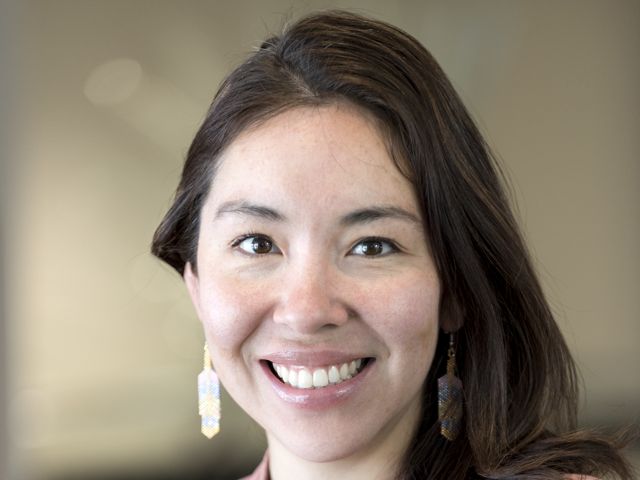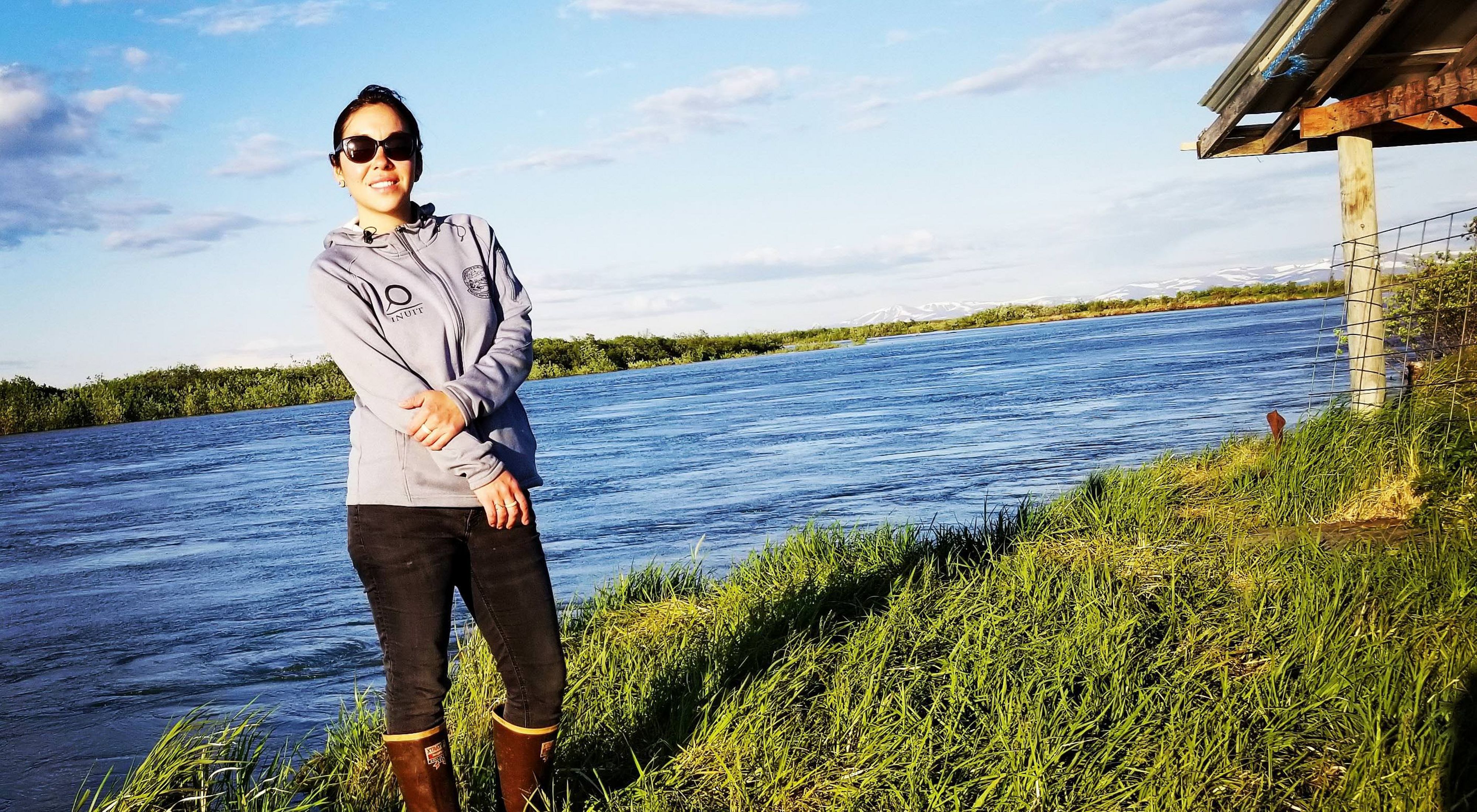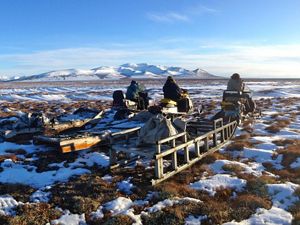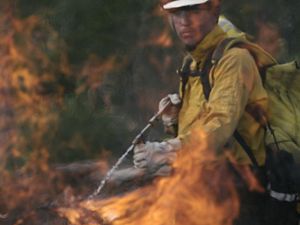
Andrea Akall'eq Burgess is TNC's Global Director of Conservation in Partnership with Indigenous Peoples and Local Communities. Prior to coming to TNC, Andrea was Director of the Alaska Native Policy Center within First Alaskans Institute. She is also founder & owner of With Real People LLC, an Indigenous consulting firm dedicated to advancing truth and excellence through creative and strategic advocacy, policy guidance and facilitation. In addition, Andrea serves as co-founder and president of Native Peoples Action and as a trustee for the Institute of American Indian Art (IAIA).
Since our founding, a key measure of success for The Nature Conservancy has been how many acres we have helped protect. As that number has ticked up to more than 125 million, today we realize this simple statistic doesn’t tell the whole story. Much of the land we have helped protect was once, and in some cases still is, the territory of Indigenous Peoples and local communities. We spoke with Andrea Akall’eq Burgess, who leads TNC’s global work in partnership with Indigenous Peoples and local communities, to find out why that acknowledgment matters and how we are committing to actions that go beyond words.
You are a Tribal citizen of the Native Village of Kwinhagak, a southwest Alaskan community with ties to the land, water and ice that stretch back countless generations. How did your upbringing shape your connection to nature?
We still have a way to go before Indigenous science and local knowledge are valued with equal regard to Western science. How do these approaches intersect today?
How does TNC ensure that the rights, values, knowledge and priorities of Indigenous Peoples and local communities are honored and respected?
What are some examples of this work in action?
Toolkits, trainings and learning exchanges, grant and technical support, mapping and other expertise are commonly provided by TNC. The specifics vary from project to project, but one of my favorite examples is the KAWAKI Women’s Group. Led by Indigenous women from three Solomon Island communities, KAWAKI aims to protect sea turtles and boost local ecotourism. The Conservancy has been involved since 1992, supporting the creation of a marine protected area, helping to track turtles and promoting gender equity so women’s voices are heard.
What do you hope to see in TNC’s future?
As an organization we must listen with open hearts, always taking a supporting role when working with Indigenous Peoples and local communities. Together, we can co-create lasting outcomes that protect nature, people, livelihoods and cultures.



